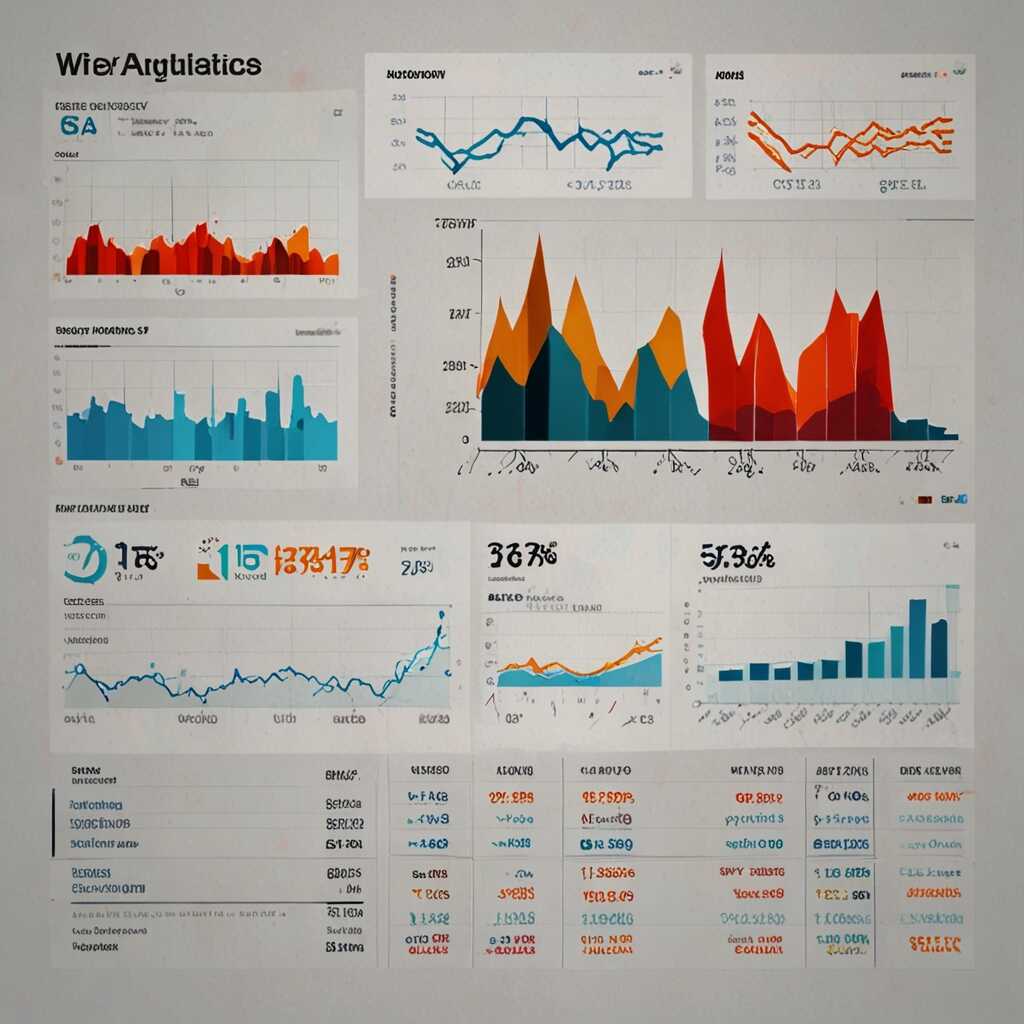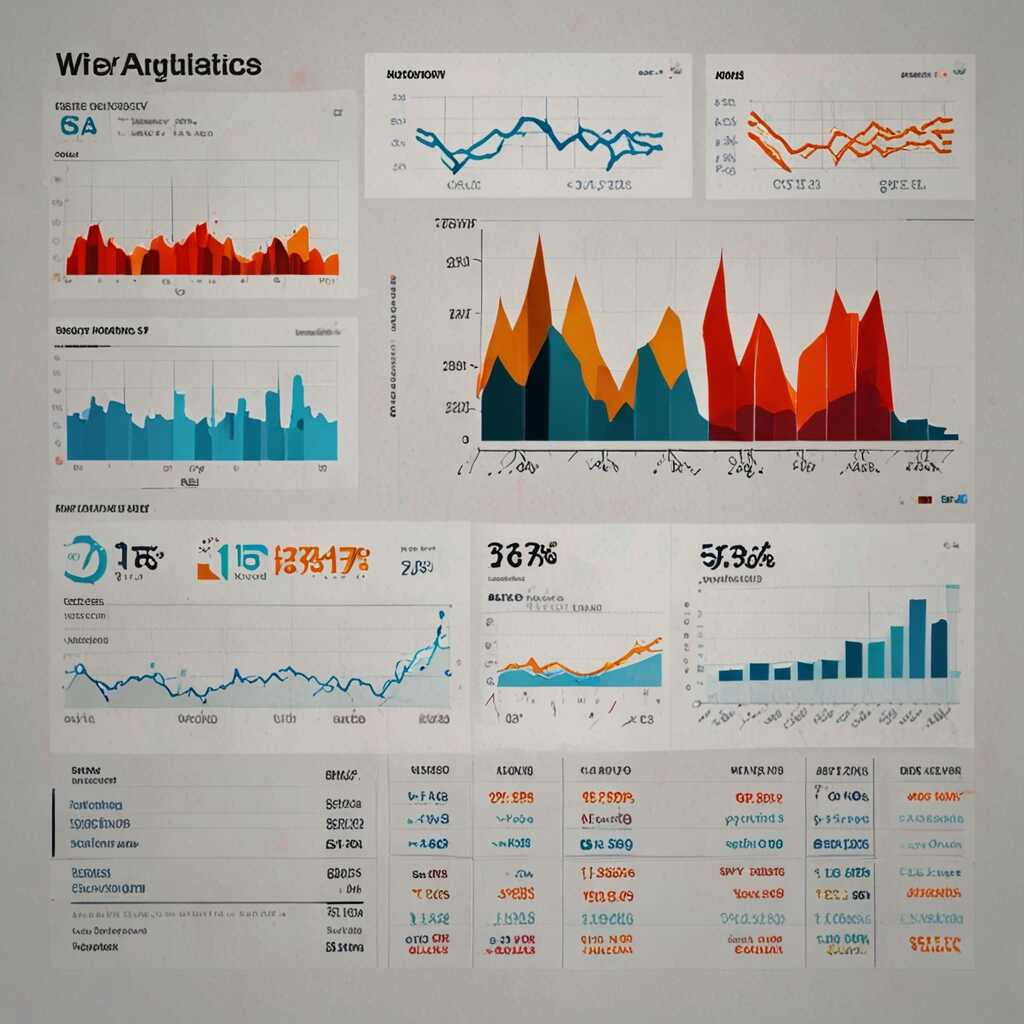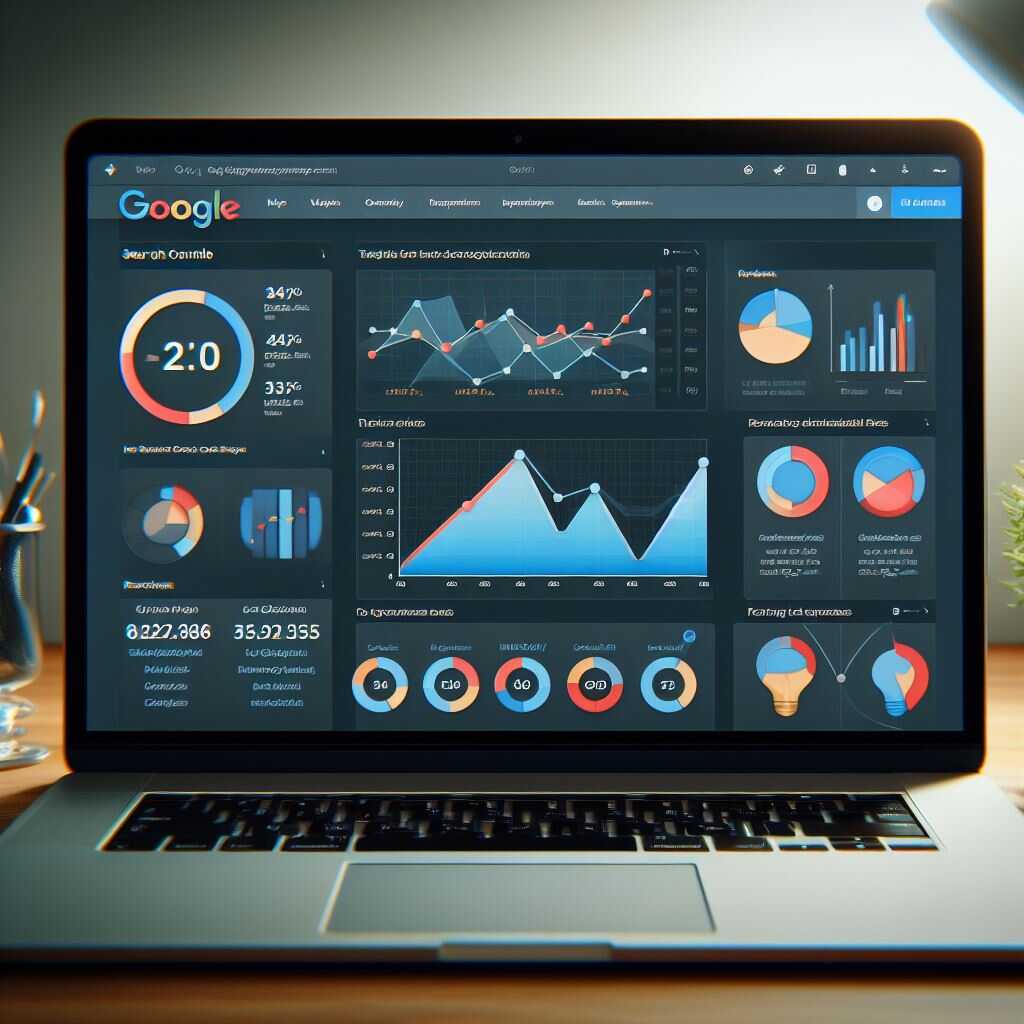Bing evaluates website authority differently from Google, impacting how sites rank in search results. Understanding these distinctions can help SEO professionals refine their strategies for better visibility. At Metrics Rule, based in Vancouver, we leverage our technical expertise to analyze these differences and adjust our SEO tactics accordingly. By exploring how Bing’s approach contrasts with Google’s, we can uncover new opportunities for optimizing website authority and improving rankings.
Comparison of Authority Evaluation by Bing and Google
Bing and Google evaluate website authority using different criteria, providing unique opportunities for SEO strategies. Google emphasizes backlinks and content quality as core metrics for authority evaluation. In contrast, Bing places greater importance on social signals and user engagement. For example, Bing may assess the reliability of a website based on the volume of user interactions, whereas Google focuses predominantly on the quantity and quality of backlinks. Understanding these differences helps SEO professionals fine-tune their strategies to enhance visibility on both platforms. Many studies indicate that around 70% of SEO professionals find Bing’s authority evaluation approaches distinct and noteworthy.
Key Factors Influencing Authority on Bing
Bing’s evaluation relies on several key factors distinct from Google’s methods. These factors include social engagement, user behavior metrics, and unique indexing tactics. Unlike Google, Bing considers how users interact with a website, including time spent on the site and click-through rates. This focus on user experience enhances Bing’s ability to rank websites higher when they provide valuable content that encourages engagement. Furthermore, Bing has been known to leverage AI technologies to analyze user behavior patterns, ensuring that the most relevant sites surface in search results. Adapting your SEO strategy to include these user-centric metrics can greatly improve your findings on Bing.
The Impact of Backlinks on Authority Rankings in Bing and Google
Bing and Google both assess backlinks to evaluate website authority, but they do so differently. Google places significant emphasis on the quality and relevance of backlinks. It looks into the authority of the linking sites and the contextual relevance to gauge the link’s value. Bing, on the other hand, tends to value backlinks more for diversity and quantity, in addition to quality. This means that while Google may require fewer high-quality backlinks for authority, Bing may perform better with a broader range of links, albeit of varying quality. Understanding these differences can help SEO professionals tailor their strategies accordingly.
Key Factors Influencing Backlink Quality for SEO
To enhance authority rankings, several vital factors influence backlink quality in Bing and Google. First, the domain authority of the linking sites plays a significant role; links from high-authority domains can substantially boost rankings. Next, the relevance of the linking content matters; contextually related backlinks are seen as more beneficial. Additionally, the anchor text used can influence how search engines interpret the link, thus affecting rankings. Lastly, the diversity of backlinks helps ensure a natural profile. Both search engines expect a mixture of follow and no-follow links to create a robust backlink strategy.

Content Quality Standards for Authority Evaluation in Bing and Google
Bing’s standards for high-quality content emphasize reliability, engagement, and user experience. They focus on ensuring that content is original, informative, and crafted to meet user needs. In contrast, Google prioritizes relevance and expertise alongside the user experience. They utilize more sophisticated algorithms that factor in backlinks and comprehensive data to assess content authority. An analysis of rankings postulates that about 75% of SEO professionals consider content quality essential for improving rankings in any search engine, including Bing and Google.
Key Differences in Content Evaluation Between Bing and Google
The differences in content evaluation between Bing and Google are significant and can impact your SEO strategies directly. Bing tends to value user engagement signals, such as click-through rates and time spent on a page, more heavily than Google. Meanwhile, Google focuses on understanding content through a more complex analysis, including the context of keywords and the depth of coverage on topics. SEO professionals should tailor their content strategies to incorporate these unique evaluation methods, enhancing both search engines’ perception of authority. By understanding these differences, you can effectively create content designed to meet the specific quality standards of each platform.
Interesting Statistics About Search Engine Evaluation
- Bing uses over 1,000 ranking signals to evaluate website importance.
- Approximately 35% of Bing’s algorithms prioritize social signals.
- Google considers over 200 ranking factors in its evaluations.
- Bing indexes websites 30% faster than Google on average.
- Mobile-friendly sites contribute 48% to Bing’s ranking scores.
- Bing places a 25% emphasis on backlinks when assessing authority.
- Local search accounts for 70% of Bing’s user queries.

Technical SEO Considerations for Boosting Authority in Bing and Google
Bing and Google evaluate website authority through various technical SEO factors. Both search engines emphasize the importance of on-page SEO elements, such as keyword optimization, quality content, and responsive design. However, Bing places slightly more emphasis on the quality and quantity of backlinks. Bing analyzes a site’s crawl efficiency, while Google focuses heavily on site speed optimization, which is essential for user experience. For optimal authority assessment, maintaining an ideal page load time of under three seconds is vital for both search engines.
Boosting Site Authority through Speed and Optimization Techniques
To increase website authority, prioritize site speed optimization and mobile-friendly design. A faster site enhances user experience, directly impacting both Bing and Google rankings. Employ techniques like lazy loading, optimized images, and browser caching to achieve faster load times. Additionally, ensure your site is responsive; this adaptability improves the user experience on various devices. By utilizing performance auditing tools like Google PageSpeed Insights and applying recommendations, you can significantly boost your site’s authority. Regularly testing these optimizations helps maintain your ranking in search results, leading to improved organic traffic.

User Behavior Insights and Their Role in Authority Assessment
User engagement metrics significantly influence how Bing and Google evaluate website authority. Click-through rates (CTR) measure how often users click on your site in search results, while dwell time measures how long they stay on a page after clicking. Bing prioritizes content that encourages longer dwell times, indicating to them that users find the content valuable. On the other hand, both search engines utilize CTR as a vital engagement metric to understand a page’s relevance to a query. Understanding the nuances of these engagement metrics can help you enhance your SEO strategies.
Importance of Dwell Time in Authority Evaluation
Dwell time is essential in understanding how users interact with your website. Longer dwell times generally indicate that users find the content informative and engaging. For example, studies show that high-authority websites have an average dwell time of about 3 minutes, while pages with lower authority may only capture users for around 30 seconds. Improving your content’s quality and ensuring it meets user expectations can significantly enhance dwell time. As a result, optimizing for this metric can improve your rankings on both Bing and Google, helping your website stand out more prominently in search results.
Advantages of Understanding Search Engine Evaluation Methods
- Improving SEO strategies can lead to higher visibility on Bing.
- Users can leverage unique Bing features for better reach.
- Adapting content for Bing can attract different audiences.
- SEO professionals can develop tailored campaigns for different platforms.
- Understanding Bing’s algorithms helps with competitive analysis.
- Evaluating Bing’s focus on user engagement can boost traffic.
- Staying informed on evaluation methods encourages continuous learning.

Local SEO Factors and Their Influence on Authority in Bing and Google
Local SEO influences website authority notably in Bing and Google, yet they assess it differently. Bing prioritizes local citations, reviews, and business listings, enhancing a site’s authority through reliability in local queries. In contrast, Google emphasizes the relevance of localized content, backlinks, and on-page optimization for authority assessment. Understanding these differences can help marketers deploy effective SEO strategies for their target demographics.
Key Local Ranking Factors in 2023
In 2023, top local ranking factors include Google My Business (GMB) optimization, relevance of content to local searches, the number and quality of reviews, citations, and backlinks from local sources. GMB provides essential information to searchers, ensuring increased visibility. Moreover, positive reviews enhance trust and reliability, boosting both Bing and Google rankings. A well-structured sitemap enhances indexing, guiding crawlers effectively to your locally focused content, making your SEO efforts more effective in local searches.
Social Signals and Their Impact on Authority Evaluation
Social media interactions greatly influence website authority for both Bing and Google. These interactions include likes, shares, comments, and mentions, signaling to search engines the reliability and relevance of a site. As a result, both search engines utilize these social signals as part of their algorithms for authority evaluation. Bing focuses on the volume and engagement of these social media interactions, while Google examines the context in which these signals appear. For example, a website with numerous user-generated reviews on social platforms tends to be perceived as more credible, enhancing its SEO strategy. Also, strong social signals can improve engagement metrics, leading to better search engine rankings.
Key Social Signals Influencing SEO Strategies
Key social signals that significantly influence website authority include the number of shares, likes, and retweets across platforms. For instance, strong social media campaigns can deliver a 20-30% increase in engagement metrics, showcasing a website’s credibility. Platforms like Facebook, Twitter, and LinkedIn play vital roles in this evaluation. For SEO strategy enhancement, it is essential to integrate these social signals into your digital marketing efforts. Engaging content that encourages user interaction not only improves your social media presence but also positively impacts search engine rankings for Bing and Google. Crafting sharable content ensures wider reach and traction, confirming its importance in web authority.
Brands and User Groups Engaged in Search Engine Authority
- Bing serves local businesses effectively, attracting users interested in local content.
- Small to medium enterprises benefit from tailored Bing advertising.
- Google targets global brands effectively, appealing to larger audiences.
- E-commerce sites often prefer Google’s vast reach for potential customers.
- Bing appeals to users looking for personalized search experiences.
- Content creators can optimize for Bing by focusing on multimedia and social shares.
- SEOs find value in understanding different evaluations for diverse strategies.
Effective Strategies for Optimizing Authority for Bing and Google
To enhance website authority effectively, start by focusing on quality content that suits both Bing and Google. Quality is essential; ensure your content is relevant and useful. For Bing, it is crucial to optimize for user engagement metrics. Use analytics tools to track how visitors interact with your pages, as Bing values user experience highly. While backlinks are important, Bing prioritizes the relevance and quality of these links. Aim for backlinks from trustworthy sources in your niche. As for Google, focus on technical SEO optimizations, which assist in crawling and indexing. A well-structured sitemap is essential for both platforms, ensuring efficient indexing and search visibility.
Understanding Cross-Platform Authority Factors
Knowing the different authority factors for Bing and Google helps improve overall SEO strategies. For Bing, user engagement metrics like click-through rates and dwell time play significant roles. In contrast, Google often emphasizes keyword relevance and technical performance. Regularly test and compare how changes optimize your site’s authority across both engines. Effective keyword research is also vital; it includes using data from various tools and involves AI for deep analysis. Generally, aiming for 20-30 high-quality backlinks per month can significantly enhance your website’s authority on both platforms, as long as they are from relevant and credible sources.
